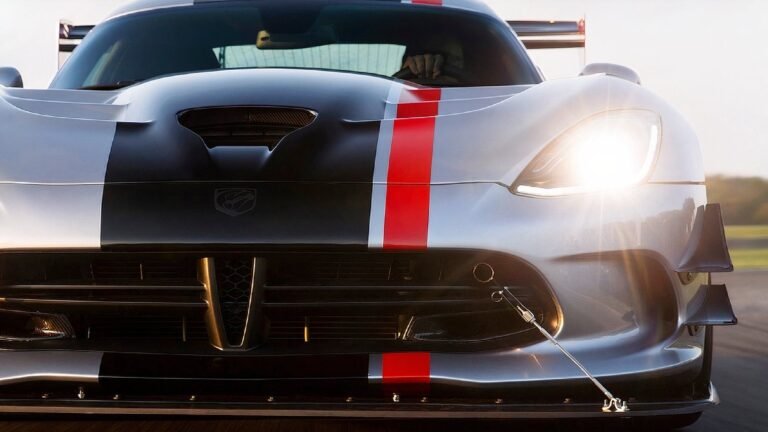
- Canada is rumored to be ready to lift tariffs on Chinese EVs.
- Government seeks a more open trade path with China.
- Carney will meet Xi Jinping this week at the Asia-Pacific summit.
Canada could soon open the floodgates for a wave of inexpensive Chinese EVs, and you can practically hear the sound of Donald Trump grinding his teeth from across the border. The prospect alone has already stirred political tension, economic speculation, and a fair bit of cross-border irritation.
Prime Minister Mark Carney is reportedly preparing to roll back Canada’s 100 percent tariffs on imported Chinese electric vehicles, a policy originally put in place in 2024 under previous top Canadian Justin Trudeau.
Related: Canada Retaliates Against Two Major US Automakers
The move, according to The Wire China, a Boston-based outlet founded by former New York Times Shanghai correspondent David Barboza, could be announced at any moment.
That tariff was originally intended to align Canada with its Western partners and shield both domestic and US auto industries from what were described as state-subsidized imports. But time moves on, alliances shift, and so do economic priorities.
Reset or Risk?
According to Ottawa insiders, Carney wants to “reset” Canada’s relationship with Beijing as he heads to this week’s Asia-Pacific Economic Cooperation (APEC) summit in South Korea, where he’s expected to meet with Chinese President Xi Jinping.

The outcome of that meeting could be a thawing of frosty trade ties and better access for Canadian exports while easing restrictions on Chinese EVs that are already proving irresistible in Europe.
“Relationships rebuild over time when they have been … when they have changed, when they’ve changed for the worse,” Carney said in comments reported by CBC. “And so we have a lot of areas on which we can build.”
If the 100 percent tariffs go, dropping import duty to the previous 6.1 percent, it would be a dramatic pivot that could reshape Canada’s electric vehicle market almost overnight.
Brands like BYD, NIO, XPeng, and Zeekr could swoop in with wallet-friendly options that would make even the most patriotic Canadian EV buyer think twice before spending Tesla or Rivian money.

What Happens to the Home Team?
The move would also leave Washington, and President Trump, fuming. The US itself still maintains a tough stance on Chinese EV imports, despite the fallout causing misery for American farmers who can no longer sell soy beans to China.
But Carney’s government may see things differently. Canada’s EV adoption targets are ambitious despite a recent softening, and affordable models are in short supply.
More: Canada Retaliates Against Two Major US Automakers
Chinese automakers, with their cost-efficient tech and fast-evolving battery platforms, could provide the shot in the arm Canada’s market needs.
Still, domestic automakers and unions, who are already bruised and battered from Trump’s tariffs, won’t be thrilled. Expect plenty of fretting from Ontario’s manufacturing belt, where many already fear competing with low-cost imports.



